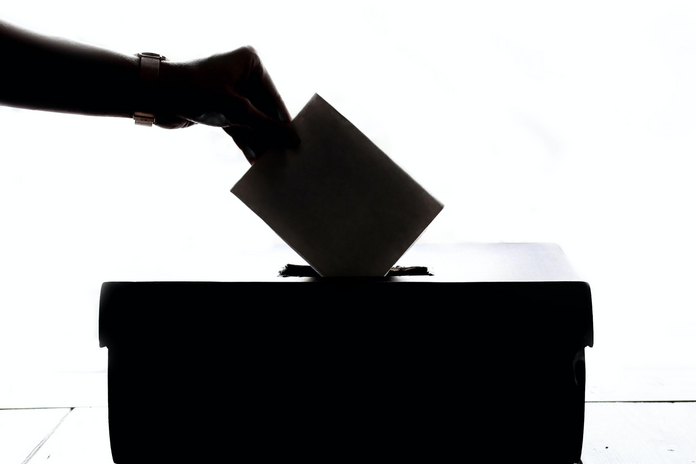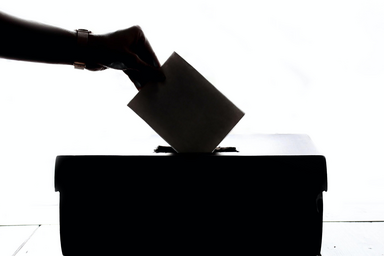For (most) Americans, voting is a constitutional right, privilege, and civic duty. However, a long and dark history of racist, sexist, and classist efforts at voter suppression is often swept under the rug.
Placed under the guise of “heartwarming” and “inspiring” stories, news outlets continue to push the narrative that Americans are willing to do anything to cast their vote. The unfortunate reality is that many Americans, particularly BIPOC, are undergoing great lengths and strenuous pressures for the chance for their voice to be heard.
Voter suppression is rampant in this country, and reform is necessary.
Since the birth of this nation, voter suppression has been a present and powerful force. Following the Civil War as the Jim Crow era came to fruition, voting rights weren’t granted to African Americans until the creation of the third and last of the Reconstruction Amendments. The 15th Amendment, ratified in 1807, was not fully enforced by Congress, and the last state to formally ratify the amendment did not do so until 1997.
The Jim Crow era went on to see a variety of different voter suppression tactics like poll taxes, literacy tests, the Grandfather Clause, disenfranchisement of felons, extreme gerrymandering, and unlawful voter intimidation.
Some of these efforts to silence the voices of BIPOC and other marginalized groups are still present to this day, especially as we near the close of the 2020 Presidential Election.
According to the Brennan Center for Justice, 25 states have enacted new laws that make it harder to vote since 2010. 15 states have enacted voter ID laws, some with strict photo requirements, 12 states have enacted laws that make it harder to register and stay registered to vote, 10 states increased difficulty of voting absentee, and three states have made it harder for people with past criminal convictions to restore their voting rights.
As of the 2020 election cycle, nearly 6 million Americans are disenfranchised. According to a report by the Sentencing Project, one out of 44 adults of voting age in the United States are unable to vote due to various state voting restrictions, and out of those, one out of every 13 African Americans of voting age are disenfranchised.
So far this year, voters in Memphis, Tennessee were turned away from the polls for wearing Black Lives Matter shirts, illegal robocalls in the state of Michigan warned citizens of personal information being put into the hands of hackers should they vote by mail, and officials in Georgia cut 10% of polling places, despite higher voter registration and overpopulated yet understaffed polling locations in primarily Black neighborhoods.
These events and more have proven that voter suppression is palpable and damaging, and reform is absolutely necessary for the future of our democracy.
The American Civil Liberties Union (ACLU) is fighting for reform, encouraging states to enforce the protections of the Voting Rights Act, enact measures to encourage voting through automatic, online, and same-day voter registration, and provide early voting options to assist those with travel or accessibility issues.
Our history reveals a dark and contemptible pattern of silencing and disenfranchising the most marginalized people in this country. As we move forward, it’s time to take action. We, the people must do our diligence and protect and uplift the voices of our marginalized friends, family, and neighbors — and the first step to making any progress is to vote for those who can’t.



